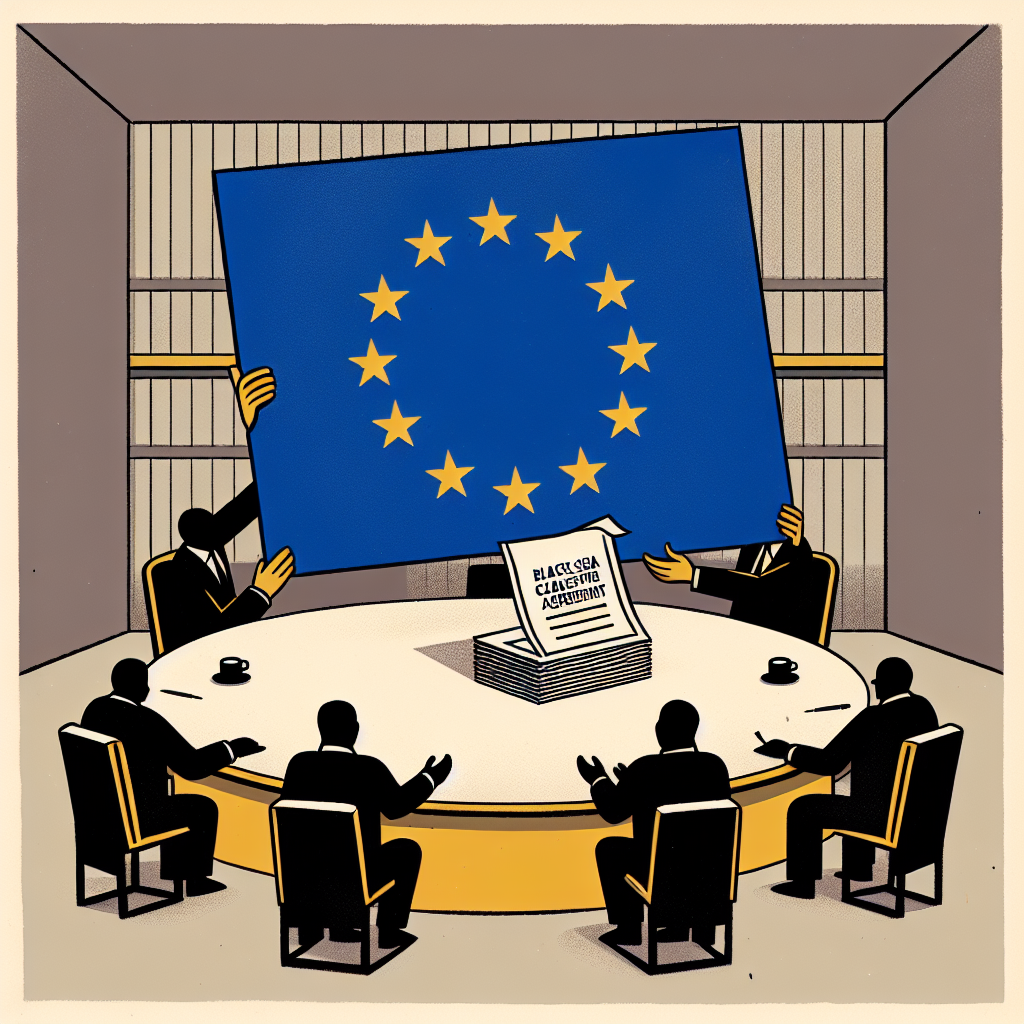EU Dismisses US-Brokered Black Sea Ceasefire Agreement
EU Dismisses US-Brokered Black Sea Ceasefire Agreement
Background
The European Union has rejected a ceasefire agreement in the Black Sea region that was brokered by the United States. This development comes amid ongoing tensions and conflicts in the area, which have drawn international attention and intervention efforts.
Key Reasons for Rejection
- Lack of Consultation: The EU expressed concerns over not being adequately consulted during the negotiation process, leading to a lack of alignment with their strategic interests.
- Insufficient Guarantees: The agreement reportedly lacks robust mechanisms to ensure compliance and long-term peace, raising doubts about its effectiveness.
- Regional Stability Concerns: EU officials are worried that the agreement might not address the root causes of instability in the Black Sea region, potentially leading to future conflicts.
Implications for International Relations
The EU’s dismissal of the US-brokered agreement highlights ongoing challenges in international diplomacy, particularly in regions with complex geopolitical dynamics. This move may affect transatlantic relations and the EU’s role in global conflict resolution.
Next Steps
- EU-Led Initiatives: The EU is expected to propose alternative solutions or initiatives that align more closely with its strategic objectives and regional interests.
- Increased Diplomatic Engagement: Efforts to engage more stakeholders, including regional powers and international organizations, are likely to be prioritized to foster a more comprehensive peace process.
Conclusion
The EU’s rejection of the US-brokered Black Sea ceasefire agreement underscores the complexities of international diplomacy and the need for inclusive, well-consulted peace efforts. Moving forward, the EU aims to play a more active role in shaping a sustainable resolution to the ongoing conflicts in the region.

































